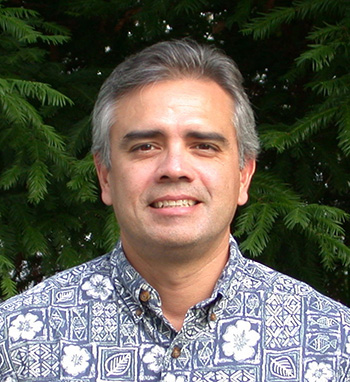Campus News
Climate scientist James Zachos elected to National Academy of Sciences
Election to the academy is one of the highest honors a U.S. scientist can receive.

James Zachos, professor of Earth and planetary sciences at UC Santa Cruz, has been elected to the National Academy of Sciences in recognition of his distinguished and continuing achievements in original research.
Election to the academy is one of the highest honors a U.S. scientist can receive. Zachos joins 11 other UCSC faculty who are members of the academy.
“Jim Zachos has been transforming our understanding of ancient climates since his time as a graduate student and all through his long career at UC Santa Cruz. I’m extremely happy that the National Academy of Sciences has recognized those contributions,” said Paul Koch, dean of physical and biological sciences.
A leader in the fields of paleoclimatology and paleoceanography, Zachos studies the climates and marine environments of Earth’s distant past by analyzing evidence in the layers of sediments deposited on the seafloor. His research has reshaped scientists’ views of long-term climate change and rapid climate transitions during the past 65 million years.
Zachos’s investigations of the Paleocene-Eocene Thermal Maximum and other major climate shifts in Earth’s past are highly relevant to understanding how human activities are driving modern-day global climate change. A study he coauthored in 2016 shows that the current rate at which carbon is being released into the atmosphere is unprecedented in at least the past 66 million years.
Zachos is a fellow of the American Academy of Arts and Sciences, American Geophysical Union, California Academy of Sciences, and Geological Society of America. He received the 2016 Milutin Milankovic Medal from the European Geosciences Union. His work has been widely featured in media coverage of climate change, including articles in the New Yorker and National Geographic magazines.